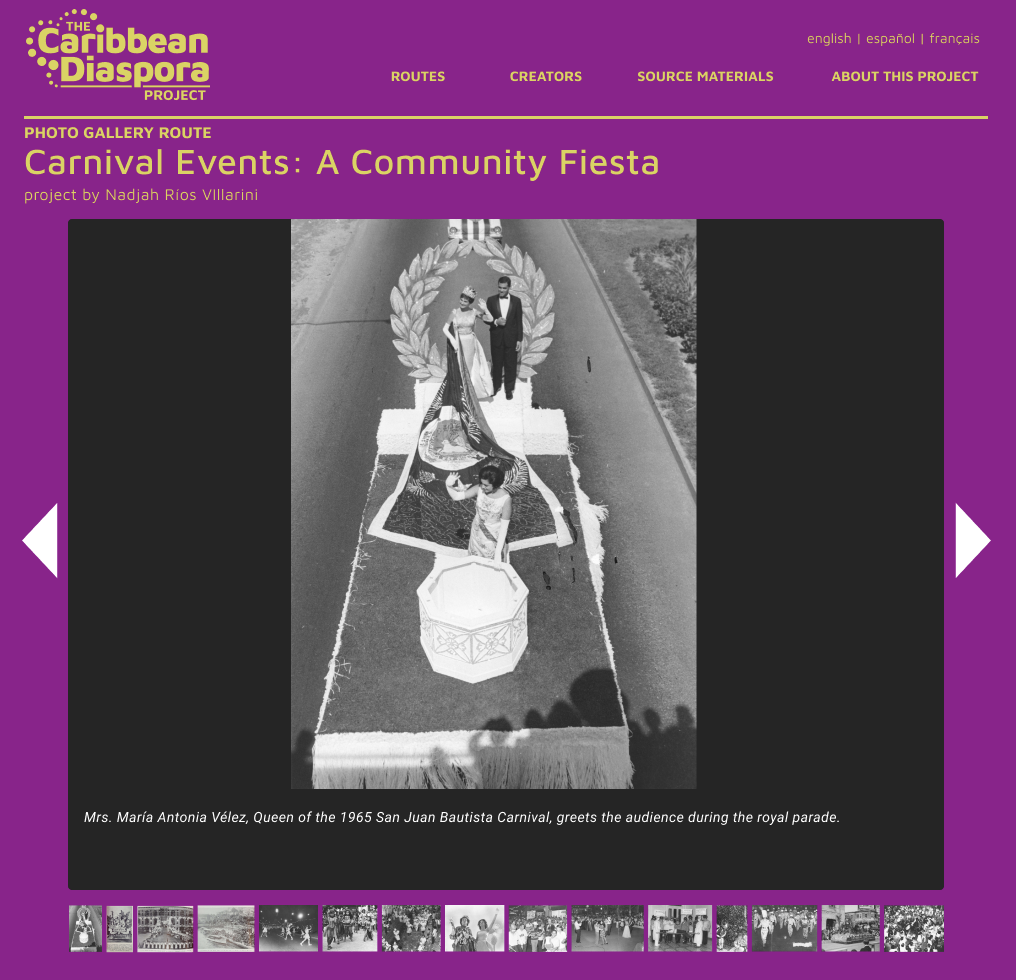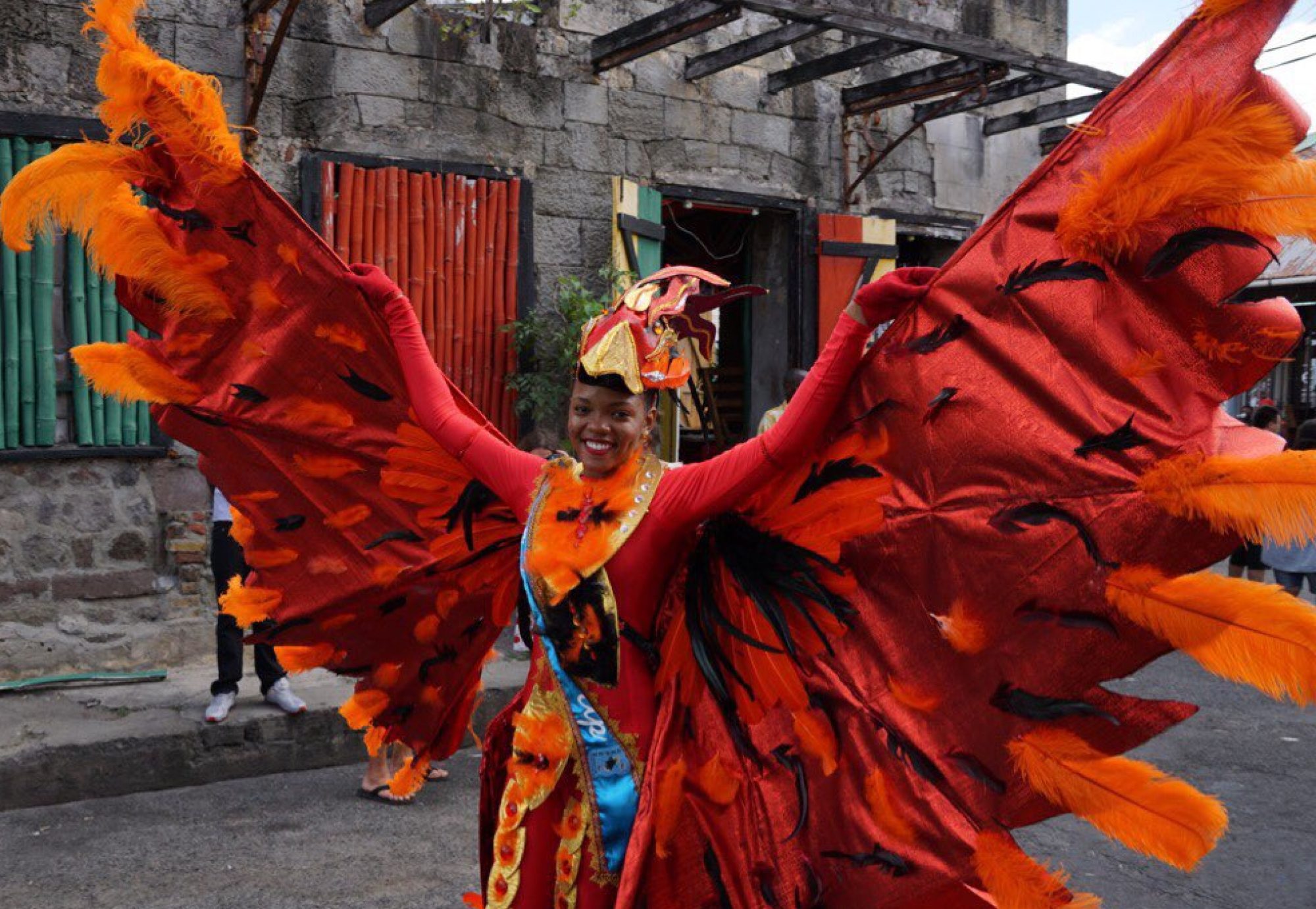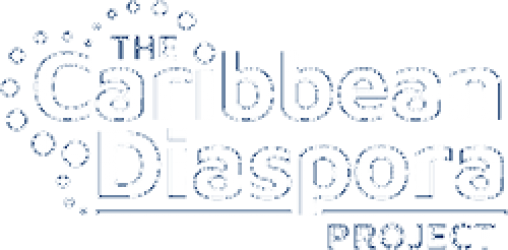Carnival is the most celebrated of all cultural traditions in the Caribbean and Las Americas. Festivities organized around this event include religious, folkloric and aesthetic elements (Fiet, 2014). Within the Caribbean region carnivals are celebrated at different times, some islands observe carnival on Fat Tuesday while others commemorate events or holidays related to the history of a given island, nation, or region.
In this pilot micro-project users will be able to read,
explore and discover the different events that are
celebrated during carnival season by having access to published and unpublished pictures from the El Mundo
Collection, as well as newspapers and
carnival programs. Most of these pictures were taken in the 70s and 80s. They portray a wide range of the common
characteristics and elements that can
still be seen in today’s carnivals.
This exhibit captures the origins of Carnaval San Juan Bautista also known as Carnaval Juan Ponce de León celebrated in Puerto Rico’s capital San Juan in honor to John the Baptist. This event started as an elitist activity for families involved in high government positions and military service, and with foreign and local business owners. The carnival queen and the events related to her coronation were central activities exclusive for an aristocratic audience. However, there were other public events where different social classes integrated in the streets.
This collection reveals the different elements from the queen’s ball to majorettes, floats and masqueraders protesting against abortion. Through time, carnival has changed. Today religion plays an important role since most carnivals in Puerto Rico are part of Fiestas Patronales or Patron Saint Festivals celebrated to honor the town’s patron saint. These religious festivities include masses, rosaries and processions combined with music and parades celebrated in the streets. We can argue that the elite activities restricted to aristocratic families have disappeared; nowadays, carnival is a massive street fiesta, a place of encounter, a common ground to coexist and celebrate a community.
This micro-project (a photo gallery) was created by Nadjah Ríos Villarini, principal investigator of the Diaspora Project. Nadjah received her doctorate and master’s in Linguistic Anthropology from the University of Texas at Austin. Her academic interest is oriented to issues of language and power, language attitudes and language planning in Puerto Rico and the Caribbean. Currently she works as an associate professor at the University of Puerto Rico, College of General Studies. Vieques manos arriba! [Vieques hands up!] is her recent short film that explores the musical traditions of calypso and steel drums in the island municipality of Vieques. The documentary is based on ethnographic interviews with musicians, singers, and bandleaders of Calypso, who trace hypotheses about the arrival of this music to Vieques. She has documented carnivals in Puerto Rico and the US Virgin Islands.


